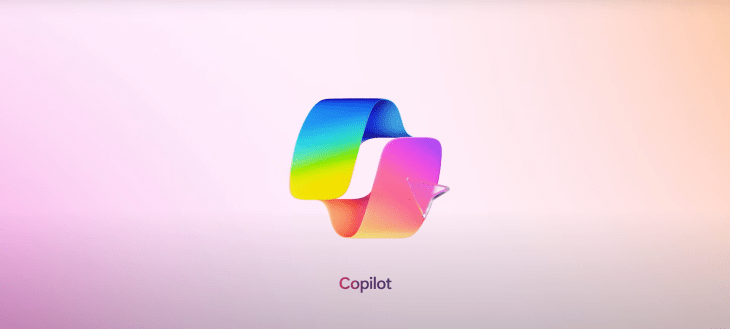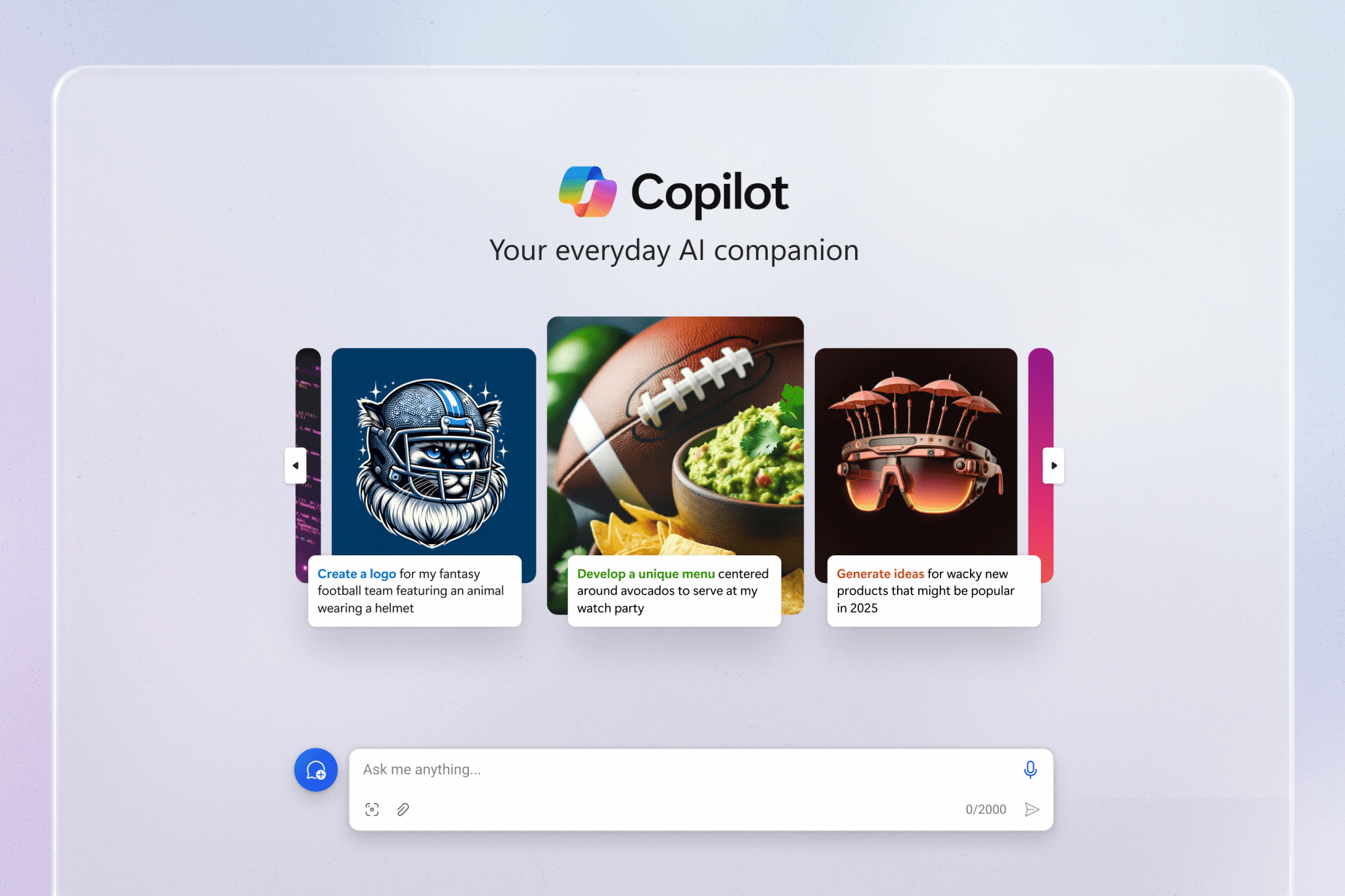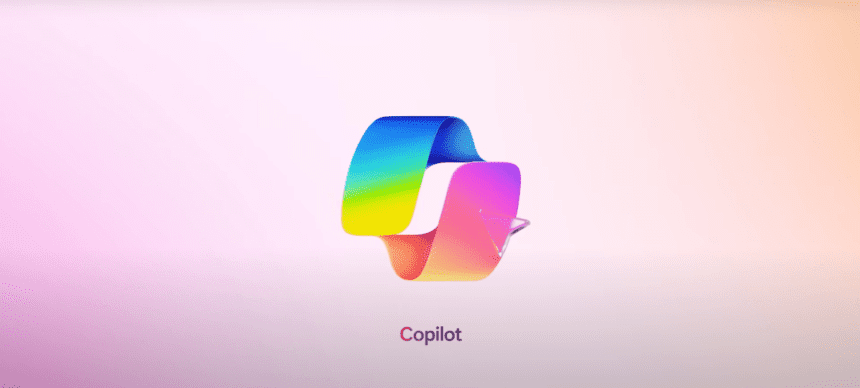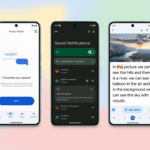
Microsoft’s family of AI-powered chatbots and assistants, Copilot, is receiving several upgrades in conjunction with a flashy Super Bowl LVIII ad campaign.
In a post on the official Microsoft blog, Yusuf Mehdi, Microsoft’s chief marketing officer, outlined the new improvements for users.
“Today marks exactly one year since our entry into AI-powered experiences for people with Bing Chat,” he wrote. “In that year, we’ve learned so many new things, and seen the use of our Copilot experiences explode with over 5 billion chats and 5 billion images created to date… Now with Copilot as our singular experience for people looking to get more out of AI creation, we’re introducing further… capabilities.”
The Copilot experience on the web, Android and iOS now includes an enhanced AI model, Deucalion, along with a more “streamlined look and feel,” Mehdi said — featuring a cleaner style for answers and a carousel of suggested prompts to engage Copilot (for example, “How would you explain AI to a sixth grader?”).
Designer in Copilot, a tool that utilizes generative AI models like OpenAI’s DALL-E 3 to transform prompts into images, now has new editing capabilities.

The upgraded Copilot experience on the web. Image Credits: Microsoft
All English-speaking Copilot users in the U.S., U.K., Australia, India and New Zealand can now edit images in-line within the chat — such as colorizing an object, blurring an image background, or changing the image style (for instance, to pixel art). Additionally, subscribers to Copilot Pro, Microsoft’s $20-per-month premium Copilot plan, have the ability to resize and regenerate images between “square” (portrait) and landscape orientations.
Soon to be added to Copilot is Designer GPT, which will provide a more “immersive, dedicated canvas” inside Copilot for users to “visualize their ideas.”
Earlier this year, Designer caused quite a stir when malicious users, predominantly from the image board 4chan, used the tool to create pornographic deepfakes of Taylor Swift — and disseminated them across X (formerly Twitter). Microsoft claimed that Designer had safeguards in place to prevent inappropriate prompts, but users found workarounds such as misspelling names and describing images that didn’t explicitly use sexual terms but generated the same result.
Microsoft stated last month that it resolved the loopholes in Designer by making it impossible to generate celebrity images. Nonetheless, as with all GenAI tools, it’s likely to be an ongoing battle between bad actors and providers.
“Microsoft’s advancements in AI align with our company mission to empower every person and organization on the planet to achieve more,” Mehdi continued. “With Copilot, we’re democratizing our breakthroughs in AI to help make the promise of AI real for everyone.”
Mehdi did not address the performance issues with Copilot Pro — a common complaint among early subscribers.
Copilot Pro is supposed to come with priority access to the underlying OpenAI models powering Copilot even during peak times, but users report dealing with exceptionally long generation times and other, potentially related bugs. Windows Central speculates that the root of the problem is insufficient server capacity, but lacking official comment, it’s impossible to know for certain.









